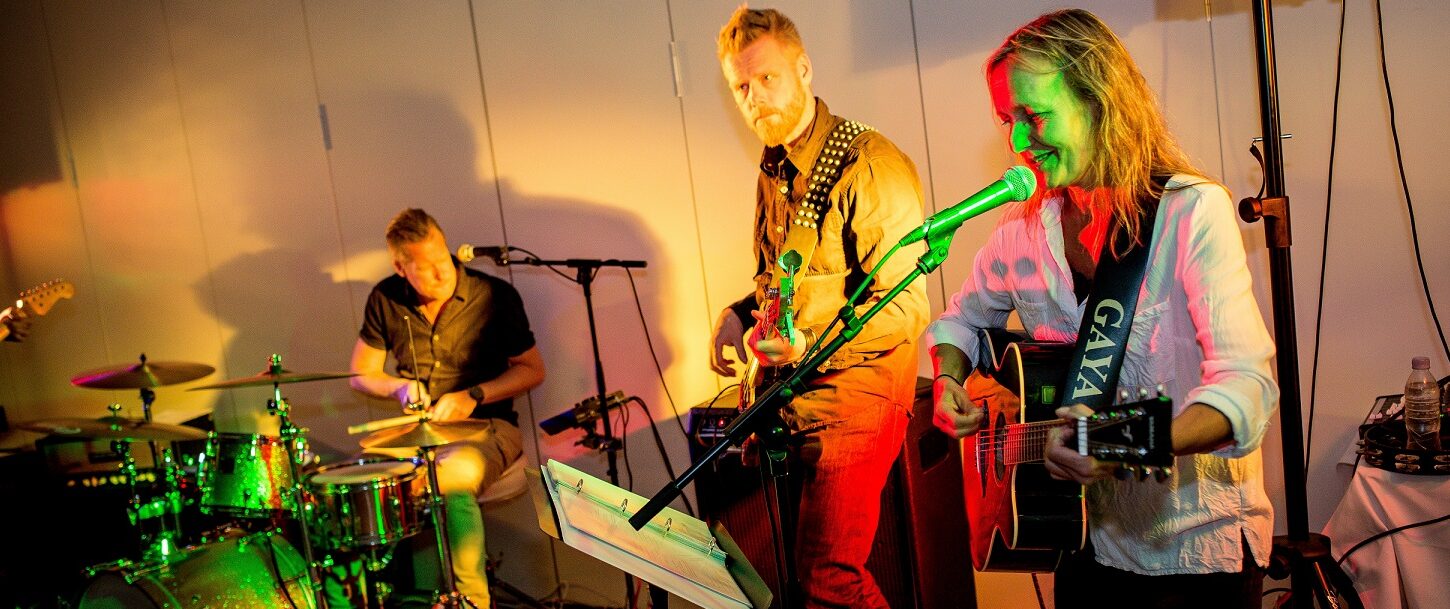Memphis, Tennessee, has long been recognized as a vibrant and influential city in the world of music. From the birth of blues and rock ‘n’ roll to the rich heritage of soul and gospel, Memphis has been a fertile ground for musical creativity. One significant factor that has played a pivotal role in shaping the city’s musical legacy is its robust music education system. In this article, we will explore how music education in Memphis has contributed to the development of talented musicians, fostered a sense of community, and nurtured artistic expression.
The Roots of Music Education in Memphis
The roots of music education in Memphis can be traced back to the early 1900s when music programs were established in schools, churches, and community centers. African American schools like Booker T. Washington High School and Manassas High School played a crucial role in nurturing young musical talents. These institutions provided formal music training, offering students opportunities to learn various instruments, develop their vocal skills, and understand music theory.
Influence on Musical Genres
The impact of music education in Memphis can be seen in the diverse range of musical genres that have emerged from the city. The rich musical heritage of blues and jazz, deeply ingrained in Memphis culture, owes much to the music education programs that introduced these genres to young musicians. Artists like B.B. King, W.C. Handy, and Memphis Minnie, who honed their skills through formal music education, went on to become influential figures in the blues scene.
Furthermore, Memphis’s music education system played a significant role in the rise of soul and gospel music. Stax Music Academy and the Memphis Gospel Choir are notable examples of institutions that have cultivated the talents of young musicians, equipping them with the skills to excel in these genres. The soulful sounds of Otis Redding, Al Green, and Isaac Hayes, among many others, were nurtured through the support of music education programs.
Community Engagement and Mentorship
One of the essential aspects of music education in Memphis is its focus on community engagement and mentorship. Music programs in schools and organizations actively encourage collaboration and the sharing of musical experiences among students. This approach creates a sense of camaraderie and helps young musicians develop their artistic voice in a supportive environment.
Additionally, Memphis has seen the emergence of mentorship programs where seasoned musicians provide guidance and inspiration to aspiring artists. Organizations like Memphis Music Initiative and Blues Foundation’s Generation Blues program connect established musicians with young talents, offering them the opportunity to learn directly from industry professionals. These mentorship initiatives have played a crucial role in nurturing the next generation of Memphis musicians.
Impact on Individual Musicians
Music education in Memphis has had a profound impact on individual musicians, shaping their careers and contributing to their success. Through music programs, young artists gain valuable technical skills, knowledge of music theory, and performance experience. These foundations enable them to pursue their musical aspirations with confidence.
Moreover, music education in Memphis instills a sense of discipline, perseverance, and dedication in aspiring musicians. Students are encouraged to practice, experiment, and develop their unique artistic voice. They are exposed to a wide range of musical styles and influences, allowing them to explore and expand their musical horizons.
As Memphis continues to evolve as a musical hub, it is crucial to recognize the value and significance of music education. By investing in music programs, schools, and community initiatives, the city ensures that future generations have access to quality education and opportunities to develop their musical talents. The continued support of music education will not only produce exceptional musicians but also promote cultural enrichment, social cohesion, and personal growth.
In conclusion, the role of music education in Memphis has been instrumental in shaping the city’s musical landscape and nurturing the talents of countless musicians. From the early establishment of music programs to the present-day initiatives, Memphis has prioritized the development of young artists, fostering a vibrant and diverse music scene. The city’s music education system has not only influenced musical genres but also contributed to community engagement, mentorship, and individual growth. As Memphis moves forward, it is vital to recognize the immense impact of music education and ensure its continued support to preserve the city’s rich musical heritage and foster the growth of future musicians.
